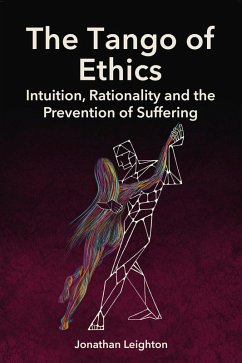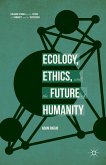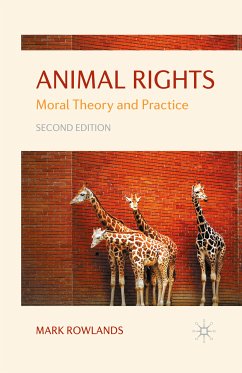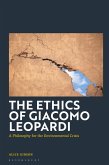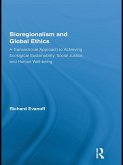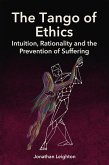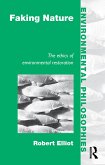Despite existing for thousands of years, the field of ethics remains strongly influenced by several largely unquestioned assumptions and cognitive biases that can dramatically affect our priorities. The Tango of Ethics: Intuition, Rationality and the Prevention of Suffering proposes a deep, rigorous reassessment of how we think about ethics. Eschewing the traditional language of morality, it places a central emphasis on phenomenological experience and the unique urgency of suffering wherever it occurs, challenges our existence bias and examines the consequences of a metaphysically accurate understanding of personal identity.A key paradigm in The Tango of Ethics is the conflict and interplay between two fundamentally different ways of seeing and being in the world - that of the intuitive human being who wants to lead a meaningful life and thrive, and that of the detached, rational agent who wants to prevent unbearable suffering from occurring. Leighton aims to reconcile these two stances or motivations within a more holistic framework he labels 'xNU+' that places them at distinct ethical levels. This approach avoids some of the flaws of classical utilitarianism, including the notion that extreme suffering can be formally balanced out by enough bliss, while maintaining a focus on impact. He also identifies some of the limits of rationality and our dependence on intuitions to make ethical decisions.The book explores the implications of this way of thinking for real-world ethical dilemmas and how we might incorporate it into governance. With societal collapse, increasing totalitarianism and artificial general intelligence all very real threats in the coming years, Leighton argues that it is as important as ever to promote these ethics and their implementation while there is still an opportunity for some convergence around what matters.
Dieser Download kann aus rechtlichen Gründen nur mit Rechnungsadresse in A, B, BG, CY, CZ, D, DK, EW, E, FIN, F, GR, HR, H, IRL, I, LT, L, LR, M, NL, PL, P, R, S, SLO, SK ausgeliefert werden.

